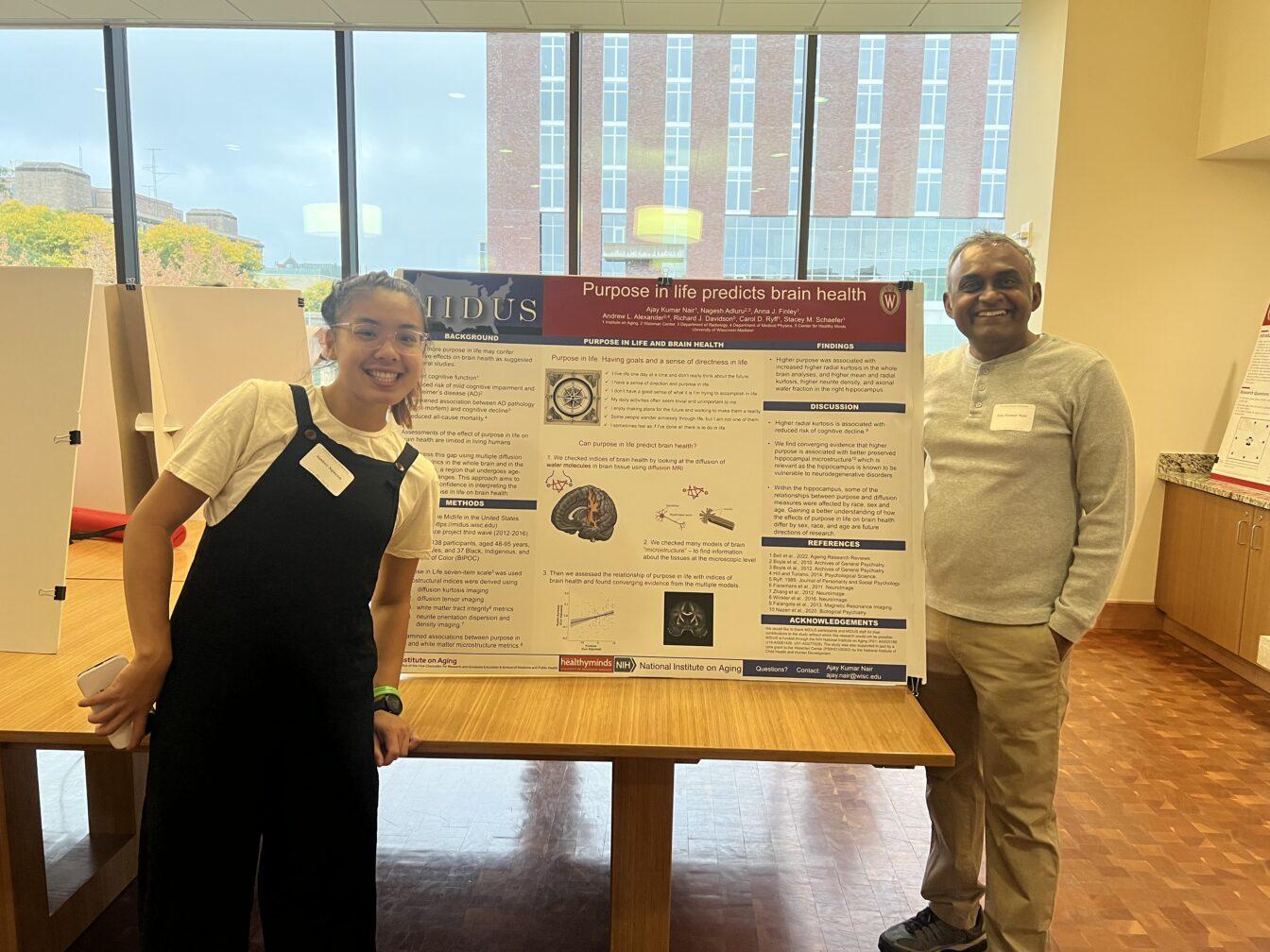The University of Wisconsin’s Institute on Aging hosted its 33rd annual colloquium at Gordon Dining and Event Center Sept. 27.
This year’s agenda consisted of keynote speakers, poster sessions and a tabling booth for local businesses and researchers to share their resources. Topics presented at the event included information on age-related diseases, resources for aging individuals and important preventative care for older individuals.
The IOA uses a database called Midlife in the United States, according to the IOA website. MIDUS is an extensive ongoing longitudinal study headed by UW and Georgetown University, and funded by the National Institute of Health. The study contains a rich collection of information about an individual’s lifestyle, health and physical biomarkers.
Director of the Institute on Aging, Carol Ryff stated in her welcome remarks the purpose of the IOA is to convey applicable research and news to the aging public and all those interested. The IOA provided extensive insight to current studies using MIDUS and other databases pertaining to aging and wellbeing.
A researcher with the IOA, Ajay Kumar Nair was one of the many poster presenters examining the concept purpose of life and its relationship with brain health.
“Using imaging looking at the diffusion of water in the brain, we found that those with a higher purpose in life had better indicators of brain health, even if they weren’t educated,” Kumar Nair said.
In short, according to Kumar Nair, those who exercise their cognition regularly have better neurological longevity and vitality.
UW graduate student Michelle Sonsalla shared her findings regarding acarbose, a commonly used diabetic drug, and its ability to relieve inflammation in another poster. Her findings also included cognition factors that are associated with the development of Alzheimer’s disease.
In her study working with mice who had Alzheimer’s, Sonsalla found that, when exposed to the Western diet which consists of high carbohydrate intake, acarbose minimized the harmful effects of the Western diet. The mice experienced low body weight and fat mass, despite having an increase in food intake because of increased metabolic rates.
According to Sonsalla, acarbose in mice provides increased resistance to the development of Alzheimer’s by increasing glucose tolerance and decreasing the rate of development of cognitive impairments. While the mice and human models for Alzheimer’s differ fundamentally, this study opens up the realm of studying different diabetes drugs to relieve harmful factors associated with the development of Alzheimer’s in humans.
The date for the 2024 IOA colloquium has not yet been released.


